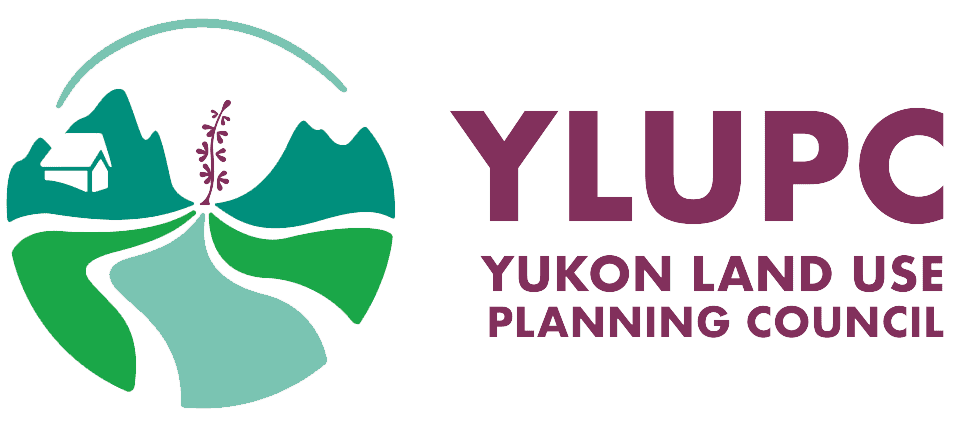Kate Neville, PhD. – Assistant Professor, University of Toronto, Political Science and the School of the Environment & Contribution from Erika Weinthal, Duke University
Hydraulic fracturing (or fracking)—a process for extracting unconventional oil and gas—has provoked a flurry of controversy over its environmental, health, and social impacts. Trust, understood as a relational, conditional, action-inducing judgment necessary for accepting perceived vulnerability, has notably been lacking in these debates. Even more strikingly, trust has been eroding through processes that are intended to increase transparency and engage the public.
In Canada’s Yukon Territory, a government committee was tasked with assessing the risks and benefits of fracking. Yet, instead of information access and public hearings fostering an open dialogue, these two channels appear to have further polarized the debates. In their work, we observed the absence of trust in two distinct areas, which we argue are linked: reservations about the status of “experts,” and doubts about the process of consultation. Our work reveals two underlying causes: first, the unintentional outcomes of weak participatory processes; and second, the strategic fostering of mistrust by actors on both sides of a polarized issue. We further argue that these two areas of mistrust are mutually reinforcing, and have spillover effects for other negotiations.
These findings have implications for planning processes in the north: without confidence in expertise or consultations, the resulting decisions tend to be challenged by citizens in the courts and streets. Consequently, finding governance mechanisms that build and rebuild trust is needed for making decisions that will be seen as legitimate by stakeholders.
